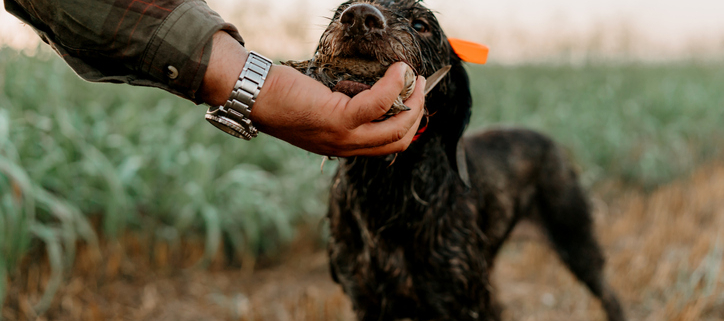A Cautionary Tale: The Dangers of Dogs Eating Dead Birds
Dogs have a natural curiosity that can sometimes lead them into
unexpected and potentially hazardous situations. One such scenario
arises when dogs encounter deceased birds during their outdoor
explorations. While it might seem harmless, allowing your dog to
consume a dead bird can pose serious health risks. Understanding the
dangers associated with this behavior is essential to safeguard your
beloved canine companion’s well-being.
Health Risks and Concerns
Dead birds can carry a variety of pathogens, parasites, and bacteria
that are harmful to both dogs and humans. Avian influenza, salmonella,
and other bacterial infections are among the dangers when consuming
dead birds. Parasites like ticks and fleas can also transfer from the
bird’s carcass to your dog, potentially leading to infestations and
related health problems. The ingestion of sharp bones or feathers can
cause internal injuries or blockages in a dog’s digestive tract,
requiring immediate medical attention.
Immediate Actions to Take
If you catch your dog eating a dead bird, it’s very important to
intervene as soon as possible. Remove the bird from its reach and
thoroughly wash your hands afterward to prevent the potential spread
of germs. Keep a watchful eye on your dog for any signs of illness,
such as vomiting, diarrhea, lethargy, or changes in appetite. If you
notice any of these symptoms, consult your veterinarian immediately.
Preventing access to dead birds and other potential hazards during
walks or outdoor play is critical to minimizing the risk of exposure.
In conclusion, the allure of a deceased bird may be intriguing to your
dog, but the health risks associated with this behavior are
significant. Being proactive and vigilant can help protect your furry
friend from potential infections, parasites, and injuries. If you
suspect your dog has consumed a dead bird or is exhibiting unusual
behavior after such an encounter, seeking veterinary care is the best
way to ensure their safety and well-being.



